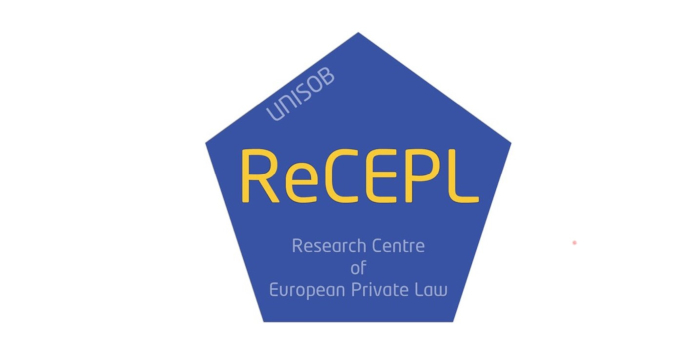How to characterize human cognition using extended reality and cognitive neuroscience: the concept of Extended Reality-based Behavioral Biomarkers (XRBB)
Mariano Alcañiz
University of Valencia
ABSTRACT
To assess and characterize the different facets of human cognition is a complex challenge with numerous applications. Current assessment tools have limited facility for making ecologically valid predictions; they are based on explicit measures, such as self-report questionnaires, interviews, and projective measures. Effects such as social desirability, data interpretation, and subject knowledge can negatively affect the reliability and validity of these techniques. One of the challenges to be faced in the development of a performance-based methodology to measure cognitive cognition is how to generate real-life situations with triggers that allow us to study the different cognitive dimensions under controlled laboratory conditions. A way to address this question is to take advantage of Extended Reality (XR) to recreate real-life situations that might arise in performance-based assessments. More concretely, it is possible to obtain biomarkers for human cognition classification using a computational psychology paradigm based on implicit brain processes measured through psychophysiological signals and behavior of subjects while exposed to complex social conditions replicas using virtual reality interfaces. This lead to a new conceptualization of biomarkers that we have named XR-based Behavioral Biomarkers or XRBB.
In this talk, we introduce the concept of XRBB and present several examples of how XRBB can be used for human cognition assessment. We describe different research projects' results and we conclude with a discussion of potential future implications.
SPEAKER BIO
Mariano Alcañiz, Ph.D., is founding director of the Immersive Neurotechnologies Lab (LabLENI) at UPV and Full Professor (tenure position) of Biomedical Engineering at the Polytechnic University of Valencia.
His general research interests hover around a better understanding and enhancement of human cognition combining insights and methods from computer science, psychology, and neuroscience. His work is centered on using empirical, behavioral science methodologies to explore people as they interact in these digital worlds, but he also engages in research geared towards developing new ways to produce Extended Reality (XR) simulations. Towards this end, he has been involved in projects related to clinical psychology, neurodevelopmental disorders, consumer neuroscience, organizational neuroscience, education and training.
He has published more than 350 academic papers, in interdisciplinary journals such as Scientific Reports and PLoS One, as well domain-specific journals in the fields of biomedical engineering, computer science, psychology, marketing, management, psychology, and education. His work has been continuously funded by the Spanish Research Agency and the European Commission for 30 years.



















